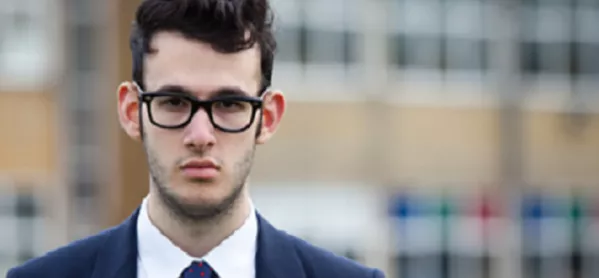The reporting of the “recruitment and retention crisis” in education is so omnipresent that soon we’re going to become totally desensitised by it.
According to the National Audit Office, the number of teachers leaving the profession has increased by 11 per cent over three years and the government has failed to meet its recruitment target for four consecutive years.
My solution, somewhat counterintuitively, is to make it harder to become a teacher, and therefore improve the quality of entrants into the profession.
Why?
Let’s start with Teach First, the only graduate recruiter of teachers that asks for applicants to have a minimum of a 2:1 in a national curriculum-related degree subject. Oxford, Middlesex and UCL Institute of Education all require a 2:2 to train as a teacher.
Should people with 2:2s be allowed to become teachers? Getting a 2:1 at university isn’t exactly difficult: it just requires an attitude geared towards studying hard and reading a lot rather than seeing how many VK Blues one can ingest in one sitting.
The other issue with setting a 2:2 as the minimum entry is that it allows students to treat teaching as a backup. I’m talking about those who would aim to enter the cornucopia of 2:1-requiring graduate schemes but make sure they keep teaching as an option if they don’t make the grade.
Why should we accept teaching is a career on the coattails of the PwCs, the Wates or the BBCs?
Teaching shouldn’t be a back-up career
As I write I can already feel the backlash brewing. So let me say it clearly: of course there are incredible teachers who didn’t excel at university and build a rapport with students that inspires them to achieve. Also, in the same vein, there are some very academic bods who can be hopeless communicators that lack empathy and are not at all inspiring - those teachers should be filleted out.
However, we must apply pragmatism and rationality to decision-making.
I’d like my future (adopted) children to be taught by those who excelled in academia and who can help them succeed in gaining access to Russell Group universities or Oxbridge. Helping students achieve this is made easier by teachers who have experienced it.
Having visited an Uncommon Charter School in Brooklyn, I was inspired by each classroom being named after the universities that the teachers had attended. Students walked around the corridors displaying Cornell, George Washington and Harvard. That’s inspiring.
The result of this is that teachers work with others who are driven intellectually and who approach pedagogy and curriculum decisions with a discerning eye. Their purpose isn’t just to teach a child to pass an exam but to inspire a culture of learning and intellectual curiosity: and the students can tell the difference.
We need the best teachers in the classrooms to do this. And if we get the best, they will stay there.
Oliver Beach is an inner-London economics teacher, former Teach First graduate and star of BBC series Tough Young Teachers. He tweets as @olivermbeach
Want to keep up with the latest education news and opinion? Follow TES on Twitter and like TES on Facebook




